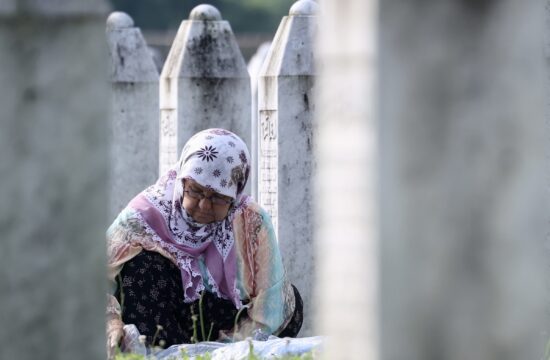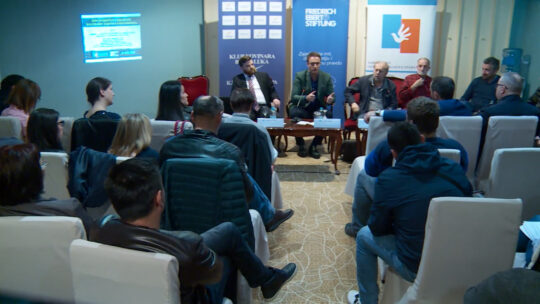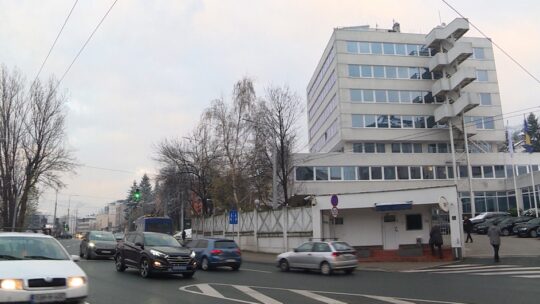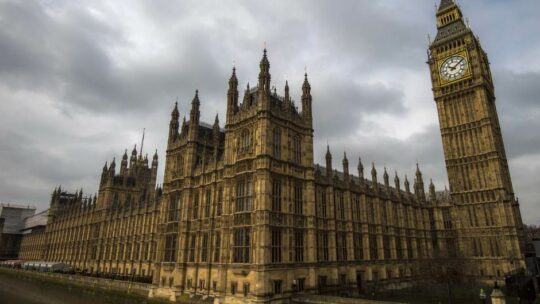Statistics show that for every 100 women in Bosnia, there are only 48 men and that the average age of the Bosnian citizen, regardless of gender, is between 50 and 54 years.
The average household in the country has three members, but most families have two children – the average number of children per household is 1,68.
There are statistically many more single mothers than single fathers in Bosnia.
Women live on average 76,2 years, while men live 70,7 years.
The most prevalent causes of death in Bosnia are circulation system diseases, which claim more women lives than those of men. The second most frequent causes of death are various tumors, claiming more lives of males than females.
More Bosnian men suffer from hearing difficulties in the country, while more women suffer from problems with vision.
The average age when women get married is 26,4 years, while men get married on average at 29,4, with a trend of getting married later in life for both genders.
Women on average give birth at 27 years of age, and most people get divorced between the ages of 40 and 49.
In 2016, every seventh marriage ended with a divorce, compared to the number of new marriages from that year.
The percentage of Bosnians with no education whatsoever is 4.9, and within this group, the number of women is five times higher than the number of men.
Most Bosnians have completed only secondary education and there are six times as many illiterate women as men. Every fourth women above the age of 70 is illiterate in the country.
Bosnia's House of Representatives has ten female lawmakers, while the other 32 are men. Of the 15 lawmakers in the House of Peoples, two are female.
Only four percent of the candidates in the local 2016 election were women.
Out of the total number of those employed in state institutions, 53 percent are women, but most of the leadership positions are held by men.
Of the employees at Bosnia's courts, 64 are women and 53 percent of them work in the country’s prosecutors offices.
Among victims of human trafficking throughout the year of 2015, 27 were women, while eight of them were men.
Men are responsible for 94 percent of the crimes committed in Bosnia, and there are 25 times as many men as there are women in the country's prisons.




